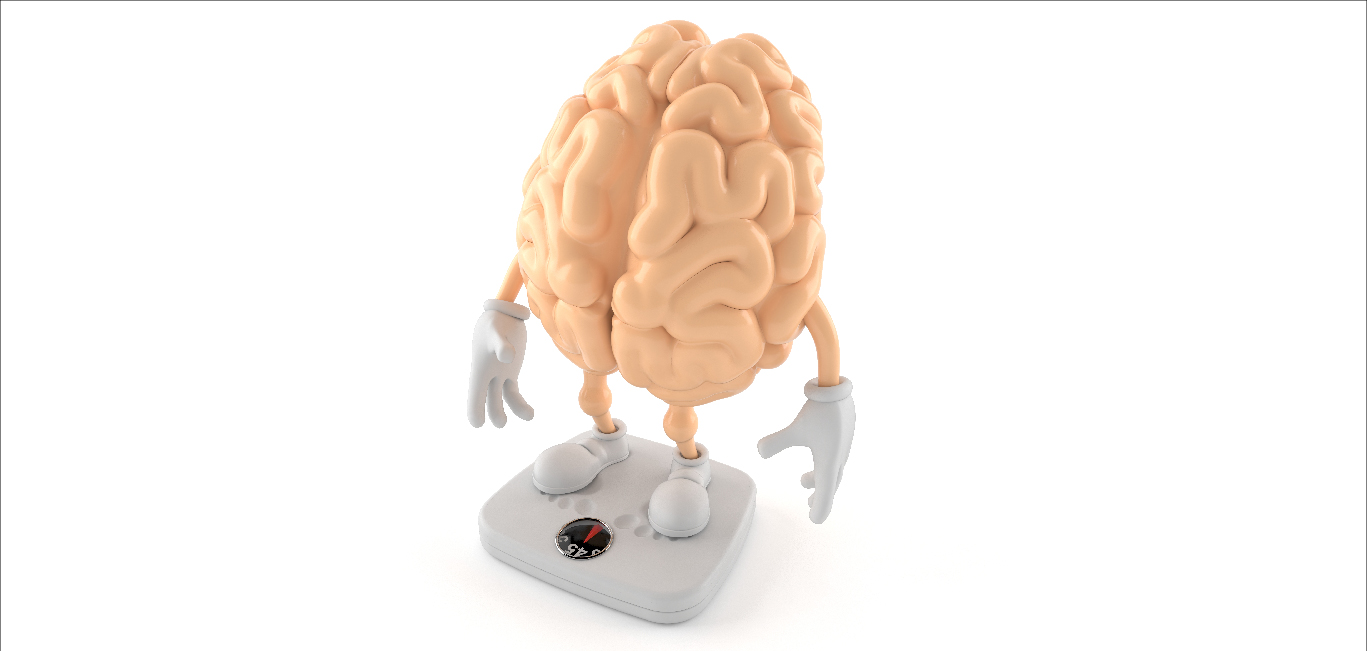
Hema Singhal (37) from Greater Noida has been struggling to lose weight after her first delivery. She had been fit until she had her first child eight years ago. “Although I lose some weight with proper diet and regular exercise, I regain it as soon as I stop,” she says.
Losing and managing weight can be tricky for many, as science says that the biology of obesity is more complicated than one thinks. It involves a complex interplay between genes and factors like sleep, exercise, medical condition, and diet.
A September 2022 study published in Science Advances reports that obesity is caused by molecular changes in the brain during early life. “We are not ruling out that some cases of obesity may have origins other than neurodevelopmental. But human genetic data shows that most forms of common obesity are linked to neurodevelopment,” says Dr Robert A Waterland, professor at the Department of Pediatrics and Molecular & Human Genetics, Baylor College of Medicine, USDA/ARS Children’s Nutrition Research Center.
“We hope that classifying obesity as a neurodevelopmental disorder will shift the focus from obesity treatment to obesity prevention,” – Dr Waterland
Gene theory of obesity
Genes influence every aspect of the body’s function and activities, including obesity. In addition, environmental and behavioural factors such as diet and exercise can change how genes work.
“Definitely, genetic factors matter a lot. Despite eating frequent high-calorie meals, some people do not put on weight, and vice versa. This is because their basal metabolic rate [BMR] is mostly heritable and influenced by family factors,” Dr Soumita Biswas, chief nutritionist, Aster RV hospital, tells Happiest Health.
Read more: Study links BMR with brain health
According to the Centers for Disease Control and Prevention (CDC), numerous genes are linked to obesity. Recent large-scale studies on human genes have revealed the central role of genes in regulating body weight.
Although these findings hint at obesity being linked to genetic changes, the influence of environment and behaviour on how genes work (epigenetic changes) in the brain and their role in obesity is still not clear.
Brain-gene link
To bridge this gap, Dr Waterland and his team studied the hypothalamus of the mice pups when they were in the womb and after birth. “The hypothalamus is generally recognised as the key brain region that controls energy balance (the balance of food intake and energy expenditure). Certainly, other parts of the hypothalamus and the arcuate nucleus are important,” says Dr Waterland. Arcuate nucleus is the platform and regulator of hunger, satiety, metabolism, and physical activity.
The team observed substantial genetic changes in the arcuate nucleus during the suckling period of mice, including weight management. “In our paper, we show during the suckling period in mice, important epigenetic maturation linked to body weight regulation occurs in the arcuate nucleus of the hypothalamus,” says Dr Waterland. Their research points to the link between weight loss or gain and the fluctuations in genetic changes in the specific region.
Role of nutrition in gene changes
To understand the role of nutrition in the epigenetics of the brain, the researchers observed the brains of the mice pups after birth versus their nutrition levels, including regular nutrition. Moreover, they observed epigenetic changes when the pups were overfed.
These changes occurred earlier in female pups, indicating that females are more prone to early obesity. This could possibly explain Singhal’s other concern: “My daughter has been facing similar challenges with weight management; I am worried about her health, as she is just seven years old,” she says.
The human gene connection
To observe how these findings in mice translated to humans, the researchers ran a detailed comparative analysis of epigenetic data in mice to human data from extensive genome-wide association studies.
“The first step in translating these findings to humans is to determine if and when the same genetic changes occur in humans,” says Dr Waterland. Surprisingly, they found that epigenetic maturation regions in the arcuate nucleus of the mouse strongly overlap with human gene regions associated with obesity.
Studies show that the human brain develops earlier than mice brain. “It is possible that the epigenetic maturation we detected in the early postnatal mouse actually occurs during late foetal development in humans,” says Dr Waterland.
Towards obesity prevention
This new understanding of obesity may enable diagnostic intervention to determine early obesity risk or prevent obesity. “We hope that classifying obesity as a neurodevelopmental disorder will shift the focus from obesity treatment to obesity prevention,” says Dr Waterland.
Dr Biswas says that determining the risk of obesity at an early age is beneficial. “Obesity can be prevented from childhood just by fixing a few childhood habits like eating proper food and following a healthy lifestyle,” she adds.

















